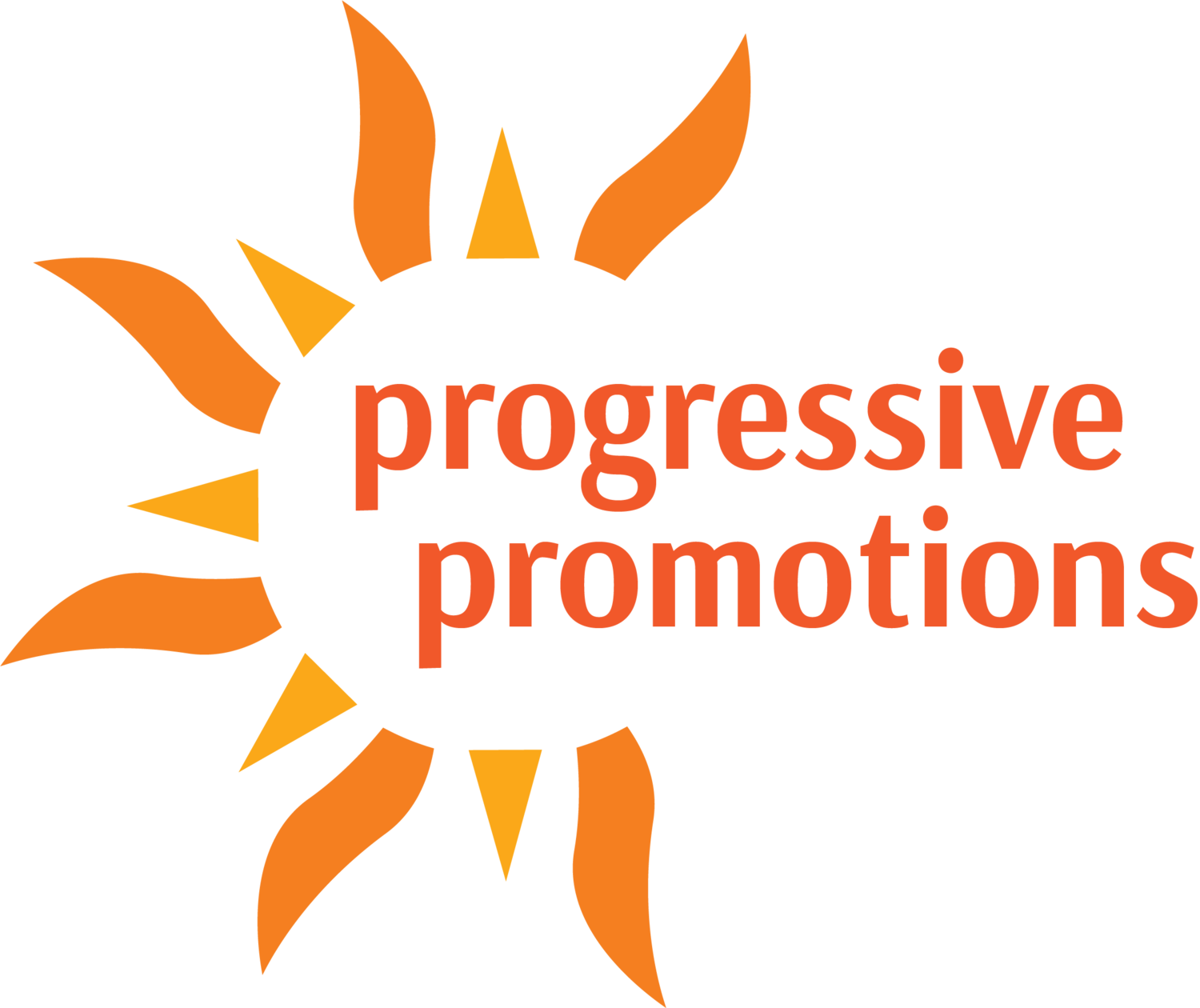http://maxpixel.freegreatpicture.com/
Even though I‘m the new Progressive Promotions intern, I’ve sort of been an intern my entire life. Growing up in a rabidly political household, I always knew the what was happening in the national, state, and local political scenes. My parents taught me to always take a stand.
My first protest march was to keep Walmart out of our neighborhood. I thought every preschooler held signs at 6:00 a.m. on election day. When I was 11 years old, my mom made me knock on doors for Obama every Sunday afternoon. As a teen, I interned at the Capitol in the House Majority Office and then canvassed all last summer. Now I’m majoring in political science at Metro and interning here three times a week.
Election night knocked the wind out of me. I pledged to fight for the rights of immigrants, minorities and the concept of a free press. So I reached out to the best fighters I knew, the warriors at Progressive Promotions so I could learn how to make real and substantial change in the world.
I’ve focused on issues that matter to people my age, like immigration and how our environment is in peril – and understand that the political process can be a long, hard slog. After two months, I also have learned a lot about making the case for progressive issues, including the need to do:
Research. Research is the key to any messaging campaign because statistics tell a story that no prose can tell. Stats ground what you're talking about and relate it to your audience. Using research educates your audience.
Messaging. Once you do the research, then you need a message. Your message is the frame you use to tell your story, capture what people care about and how you get them involved.
Storytelling. Even if you have a message and have done the research to back it up, you still need stories. While statistics ground your message in reality, stories give your message emotion – which is what gets people to really care about your message.
Planning. This is maybe my fourth draft of this post, and that happened because I didn’t make a plan. If you don’t have goal and plan for what you are trying to accomplish, none of the other stuff matters.
Earned Media. Earned media = news stories, so when a camera crew comes to cover your press conference because you (or me) called them at least three times to let them know what’s happening. So you want to earn media to reach people who still consume news from TV, radio, newspapers and more traditional sources.
Digital Strategy. In the 21st Century, any campaign needs to include digital strategies – social media, website, emails, etc. Campaigns need to have a multifaceted approach with graphics, posts and videos to keep up with competing messages for people who spent time online.
The truth is change doesn't come easily – but we must persist in standing up for our values, like the equality that this country fails to fully grasp. So I’m learning to celebrate our small victories and how to fight on in the face of defeat. And more than anything, I’m grateful to work on issues I care about and to make a difference, one small step at a time.

